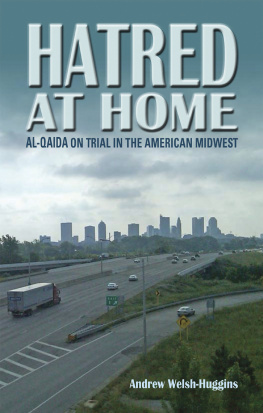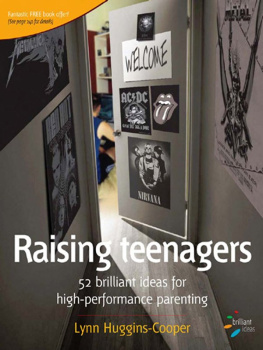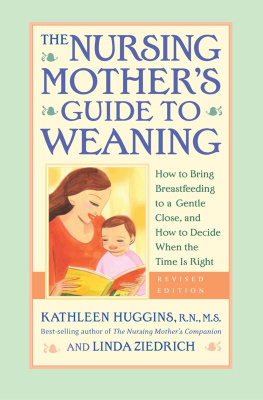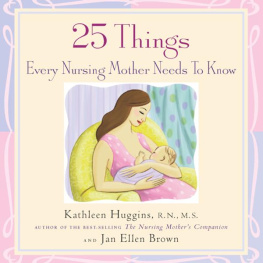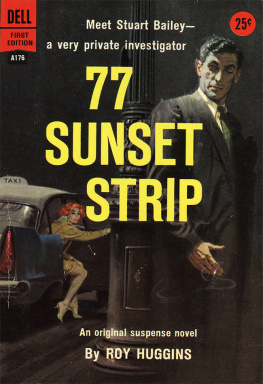Swallow Press / Ohio University Press, Athens, Ohio 45701
www.ohioswallow.com
2011 by Ohio University Press
All rights reserved
To obtain permission to quote, reprint, or otherwise reproduce or distribute material from Swallow Press / Ohio University Press publications, please contact our rights and permissions department at (740 ) 593-1154 or (740 ) 593-4536 (fax).
Printed in the United States of America
Swallow Press / Ohio University Press books are printed on acid-free paper

21 20 19 18 17 16 15 14 13 12 11 5 4 3 2 1
Library of Congress Cataloging-in-Publication Data
Welsh-Huggins, Andrew.
Hatred at home : Al-Qaida on trial in the American Midwest / Andrew Welsh-Huggins.
p. cm.
Includes bibliographical references and index.
ISBN 978-0-8040-1134-1 (hc : alk. paper) ISBN 978-0-8040-4046-4 (electronic)
1. TerrorismPreventionLaw and legislationUnited States. 2. Civil rightsUnited States. 3. Internal securityUnited States. 4. United StatesPolitics and government2001-2009. 5. TerrorismPreventionGovernment policyUnited States. 6. Qaida (Organization). 7.Terrorism investigationMiddle West. I. Title.
KF9430.W45 2011
344-7305'32517dc23
2011017688
For Pam
My companion in deadlines, life, and love
Introduction
The terrorist attacks of September 11, 2001, serve as constant, stark reminders that America has enemies in the world who seek to kill American men, women, and children, any way they can. Sometimes, the enemies are here at home.
Attorney General John Ashcroft,
October 16, 2003, announcing plea agreements in the Portland Cell conspiracy
It was still dark when Nuradin Mahamoud Abdi stepped outside his apartment on the North Side of Columbus, Ohio, around six oclock on the morning of November 28, 2003. It was Friday, the day after Thanksgiving, one of the busiest days of the Christmas shopping season. Many others who were awake and leaving their houses at the same predawn hour were headed toward the malls and big-box stores like Target and Best Buy and Wal-Mart that were open hours early to accommodate the traditional Black Friday shoppers. Central Ohios outsized retail centers, especially Polaris to the north and Easton on the far east side, were sure to be jammed. By some estimates, greater Columbus has too many malls for its million-plus residents, a potential problem for some retailers but a boon, at least temporarily, for bargain hunters.
Abdi, however, was going in the other direction, both literally and figuratively. As a Muslim, he had little reason to care about the frenzy of gift giving leading up to Christmas. Keys in hand, the Somali native was still in his nightclothes, going out to warm up his car before leaving for early morning prayers at Masjid Ibn Taymia, a mosque catering to the citys large Somali population. After that, it was off to work at his cell phone store in a small Somali mall about a mile away. The thirty-one-year-old Abdi had a lot on his mind as he opened the glass door of his apartment building, stepped under a red awning, and walked into the chilly air of a dark, late-November
From the dark, someone called Abdis name. He looked over, and a man approached him. The man said that his name was John Corbin and that he was an FBI agent. He showed Abdi his badge and asked him to wait a few minutes. While they stood there, Corbin made a call on his cell phone. I have Abdi, he told the person on the other end. Hes standing with me here. The two waited for several minutes until at least five cars pulled up. Two men got out and began to search Abdi. They removed his wallet and the other contents of his pockets, then handcuffed him. Richard Wilkens, the Immigration and Customs Enforcement resident agent-in-charge for Columbus, told Abdi they had to check whether he had a bomb in his possession. He didnt. In his wallet, agents found a will, written in Arabic, that referred in part to his intent to travel to conflict zones in Afghanistan.
A second ICE agent, Robert Medellin, told Abdi he was being arrested for violating federal immigration laws. When Abdi asked what type of violation, he got a curt reply: You will know about it. Another FBI agent, Stephen Flowers, then asked Abdi for permission to search his apartment. He consented. One thing was clear: it looked like Abdi wasnt going to make it to morning prayers.
Agents loaded him into an SUV and drove to FBI headquarters on the tenth floor of a building in the citys Brewery District just south of downtown. He was taken to a room for questioning, accompanied by Medellin and FBI agents. At 7:42 a.m., he signed a form waiving his Miranda rights. Medellin took the lead in the interview, telling Abdi hed committed a lot of immigration violations and the only way to help himself was to cooperate with the FBI agents in the room. One of those agents, Flowers, then took over. The questions were numerous: Tell us about your background, your
The questioning lasted for hours. Although the agents told Abdi hed violated federal immigration laws, they didnt explain those violations or show him any documents detailing their allegations. Later that day, he was transferred to the Kenton County Detention Center in Covington, Kentucky, across the river from Cincinnati, where the headquarters for the FBIs southern Ohio division were located. Around noon, Medellin brought Abdis lunch. He tried to reason with the prisoner. Hed been an immigration officer for twenty-seven years. Hed seen cases like this before. Medellin had observed Abdis children at the apartment that morning, had seen his infant daughter; if he wanted to be with them, he told Abdi, he needed to cooperate. What did I do? Abdi asked. Medellin repeated hed committed many violations.
Can I see them? Abdi asked.
You are going to see them, Medellin said, before leaving him alone with his lunch.
Later that day, Abdi placed ten collect phone calls from jail, trying unsuccessfully to reach his family and a friend.
The questioning continued Saturday, November 29, and lasted hours more, through the morning and afternoon, and well into the evening. Agents had a lot of information about Abdi, they reminded him, again and again, and he wasnt telling them what they needed to know.
At last Abdi said, What are you looking for?
Medellin glanced at Wilkens, then looked back at Abdi.
We want to know information about Iyman Faris, he said.
Abdi countered by telling them he hadnt been brought in to talk about Faris, a friend of his from another mosque, and asked again what immigration violations hed committed. He wanted to phone his wife to let her know he was all right, but the agents wouldnt let him place the call.


